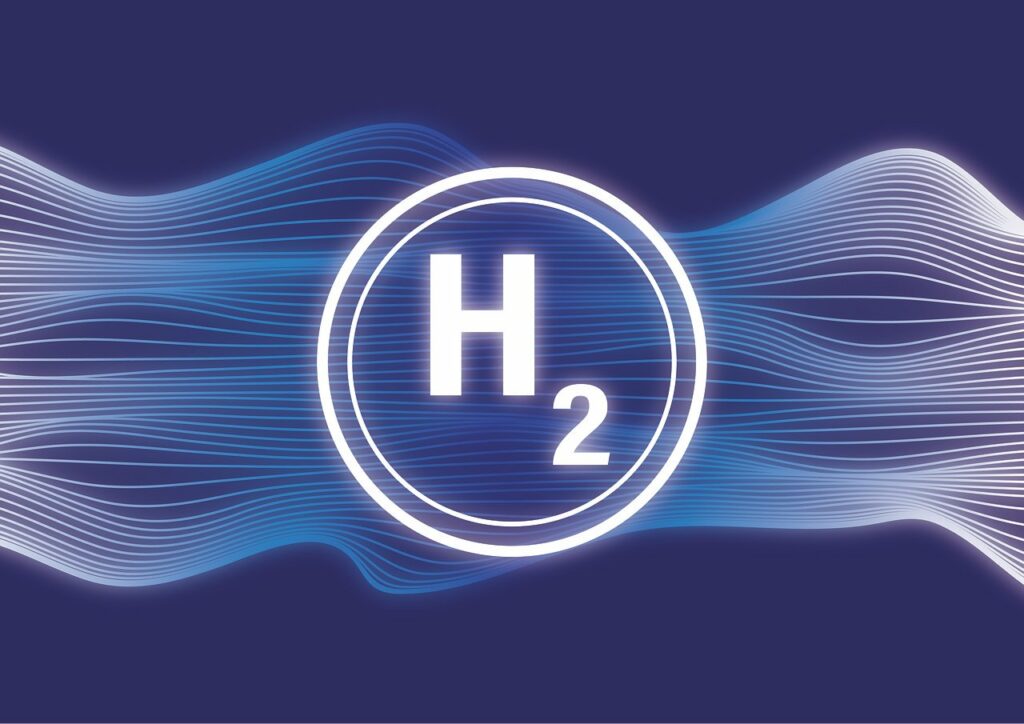Colombian Association of Industrialists (ANDI) and Naturgas have jointly launched Colombia’s very first hydrogen corridor project. This innovative endeavor, supported by nine prominent companies, aims to transform the way cargo is transported in a country where over 95% of goods are traditionally moved by road.
The significance of the “Hydrogen Corridor” project goes beyond a mere concept; it is a bold step in reimagining cargo transport methods. In a nation where transportation is a significant contributor to greenhouse gas emissions, this initiative is a game-changer. Karen Peralta, Director of the ANDI-Naturgas Hydrogen Chamber, emphasized, “The Hydrogen Corridor is not just a concept, it is about rethinking the way we transport cargo in a country where more than 95% of goods are moved by road. As we all know, transportation is a major contributor to greenhouse gas emissions.”
Transportation is responsible for a substantial share of Colombia’s greenhouse gas emissions, with approximately 12% of the country’s emissions attributed to the sector. Within transportation, freight transport alone contributes 6% of these emissions. To tackle this environmental challenge, the Hydrogen Corridor project aims to lead the way in decarbonizing cargo transport across the nation.
Karen Peralta further articulated, “With this initiative we are taking a very important step in the decarbonization of the country, in order to transport goods with low emissions, and the best way to do this is together. Imagine a network of refueling stations strategically located in a corridor of our country, where hydrogen trucks can fill their tanks quickly and efficiently. This is not science fiction, it is a reality that we are striving to create, and the best way to do it is together.”
To bring this visionary project to life, nine prominent companies have united: Ecopetrol, Fanalca, Celsia Fem Energía, Promigas, Linde, Terpel, EPM, and TGI. This collaboration is poised to pave the way for a sustainable and eco-friendly future of cargo transport in Colombia.
The project will commence with an initial phase focused on defining the implementation of the hydrogen corridor. This milestone is not just a significant moment for Colombia but a beacon of hope for countries worldwide striving to decarbonize their transportation sectors. By creating a network of strategically located refueling stations, Colombia is setting a precedent that many nations can follow in their journey towards low-emission goods transportation.





